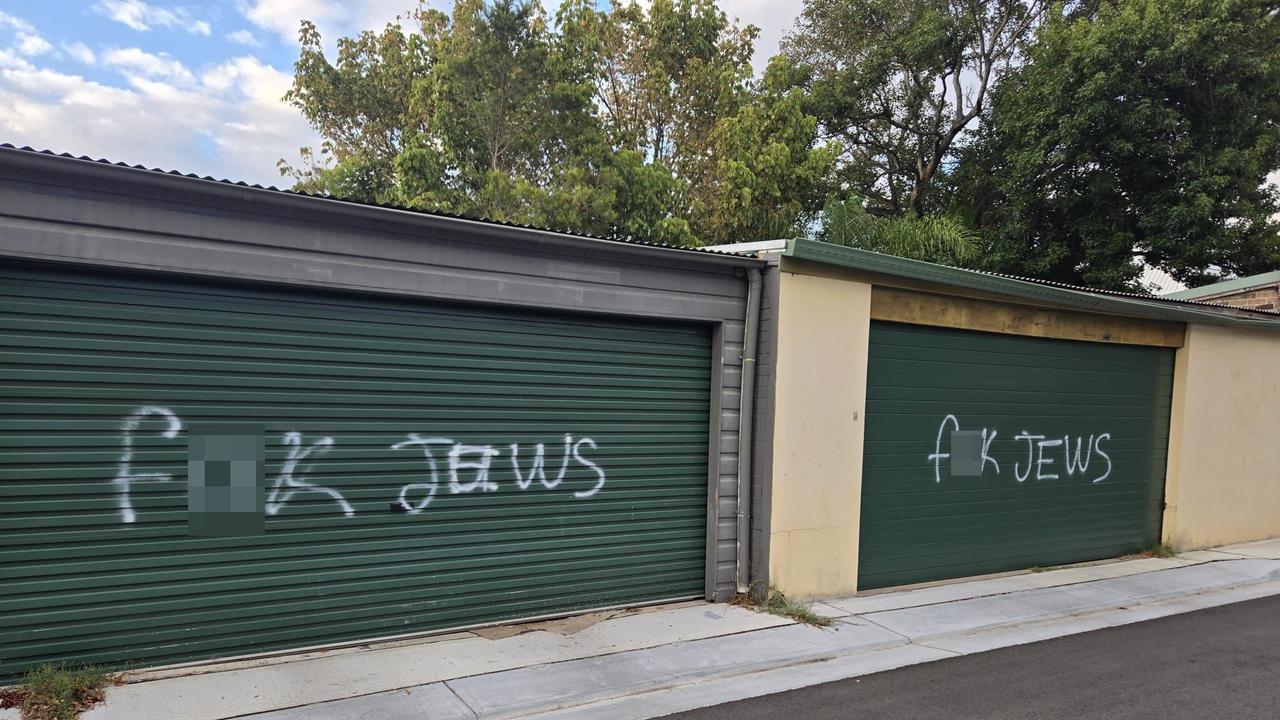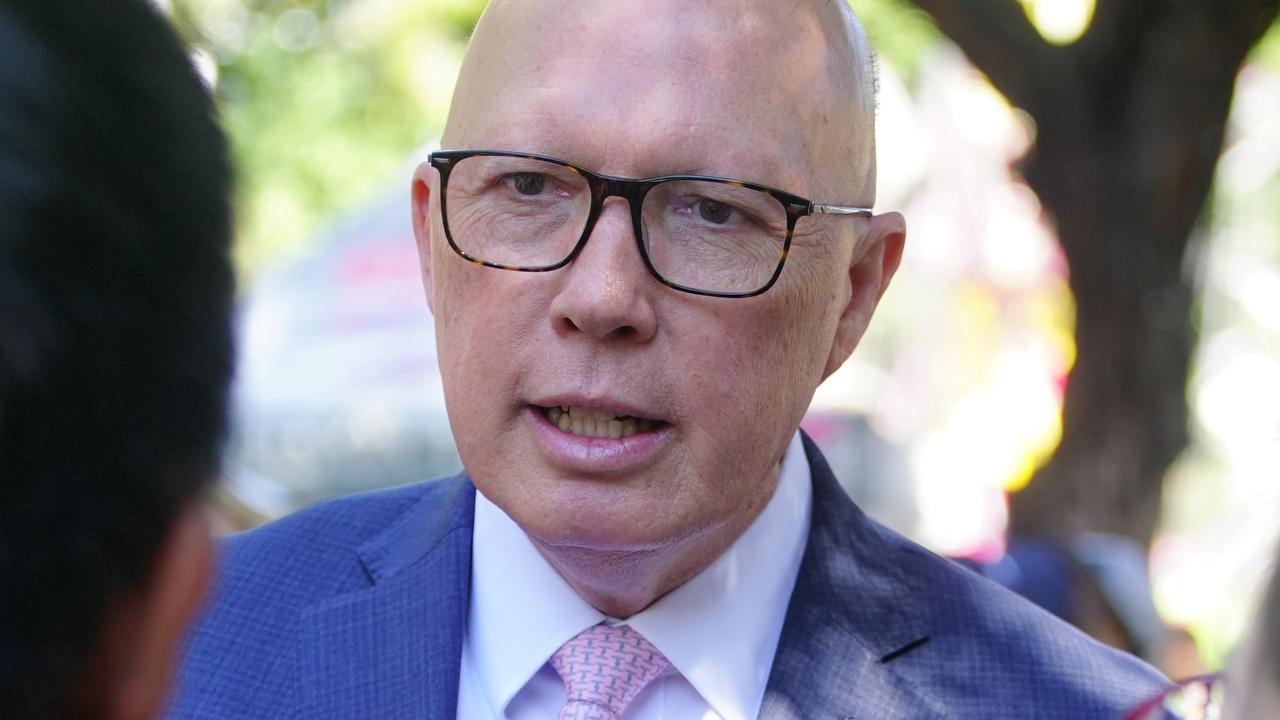South Australia records COVID-19 traces in wastewater and stops its 12-day streak of no new cases
Wastewater testing in South Australia has shown traces of COVID-19, while its twelve-day streak of reporting no new infections has ceased.
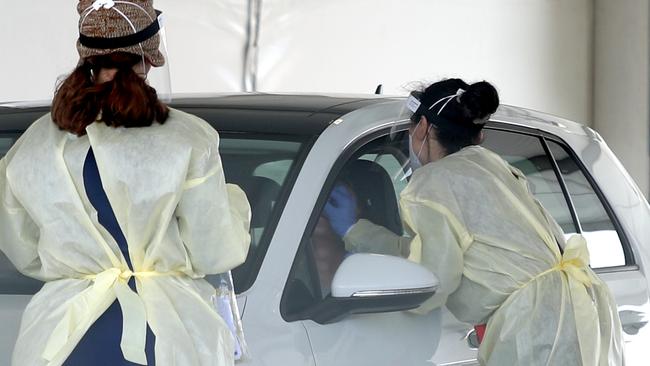
After twelve days of no new COVID-19 cases, South Australian has recorded one new infection and positive traces in its wastewater.
The woman in her 20s, who travelled from Melbourne with three younger cousins, was transiting through SA to visit family in Alice Springs.
SA’s Chief Public Health Officer Nicola Spurrier said the quartet flew into Adelaide on flight JQ774 on September 3 and all wore masks.
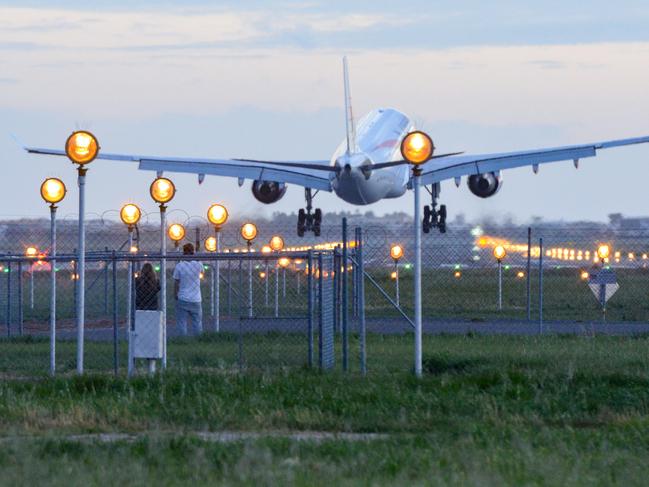
“The Communicable Disease Control Branch have done their usual risk assessment and at this point in time don’t believe anybody is a close contact,” Professor Spurrier said on Saturday.
“We were not expecting this young woman to be coming into SA and our normal procedure would be to book a flight and send her back to Victoria.
“Given she had four younger people with her, we elected to put her in a medi-hotel here.”
The young woman is residing in hotel quarantine in a separate room from her cousins.
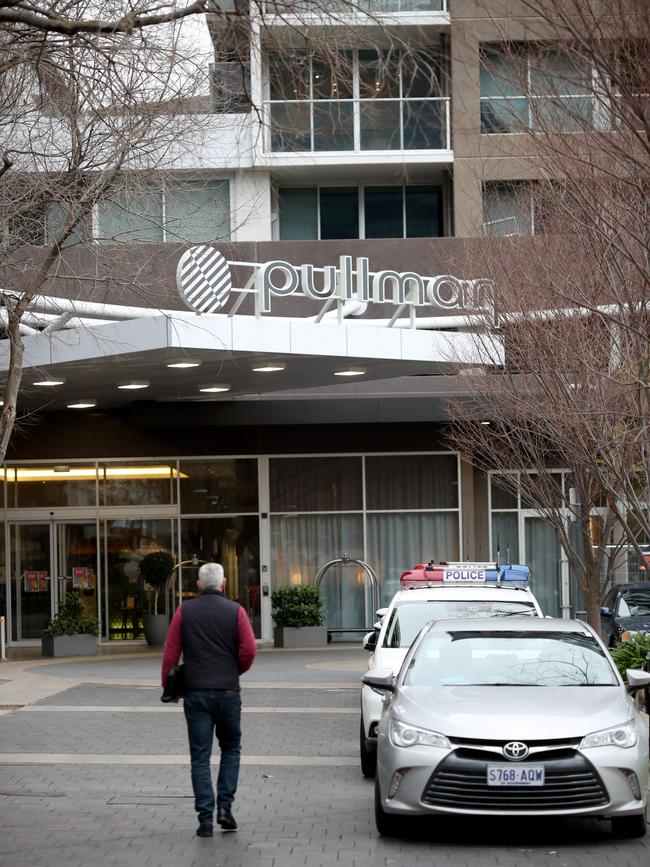
Deputy Chief Public Health Officer Chris Lease said two positives were also identified through the state’s wastewater testing program, with one coming from Bolivar and the other from Angaston.
He said the sample from the Bolivar plant was taken on August 26 where a weak positive was returned on August 31 and was reconfirmed on September 1.
However, further sampling on Tuesday returned negative.
The wastewater catchment services about 700,000 houses, serving north and east metropolitan Adelaide, as well as the CBD.
The Angaston sampling was taken on September 3 and a positive was returned on September 4, then confirmed on Saturday.
Its catchment covers about 200,000 houses in the Barossa.
“It's very difficult, if not impossible, to determine if they’re from a previously announced case or if there are unknown cases within the community. Interpreting these results is a very complicated process,” Dr Lease said.
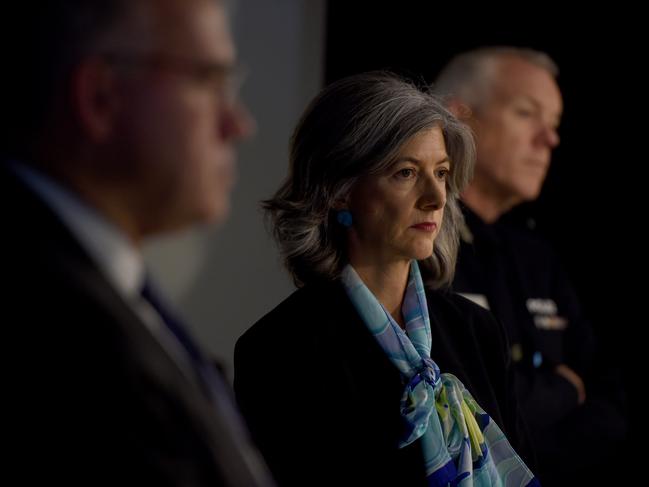
“They could be from a variety of sources; from visitors to the areas, previous cases, transport routes or people in quarantine.
“We do know the Bolivar catchment zone takes our medi-hotels and both positive results are a strong reminder not to be complacent.”
Professor Spurrier said she did not want people to be scared.
“We’ve been doing wastewater testing for sometime and one reason is because it may be an early surveillance way of checking if we have COVID-19 within the community.
“People may recall the virus, as well as being spread by droplets, is excreted in people’s faeces and that happens for quite a long time after they’ve been positive.”
South Australians were rewarded for their efforts in tackling the virus, with restrictions eased as of midnight last night.
Under the new restrictions, 150 people can now attend weddings and funerals, that capacity of crowds at the football will increase to 15,000 and patrons can be served alcohol and food while seated at the bar.
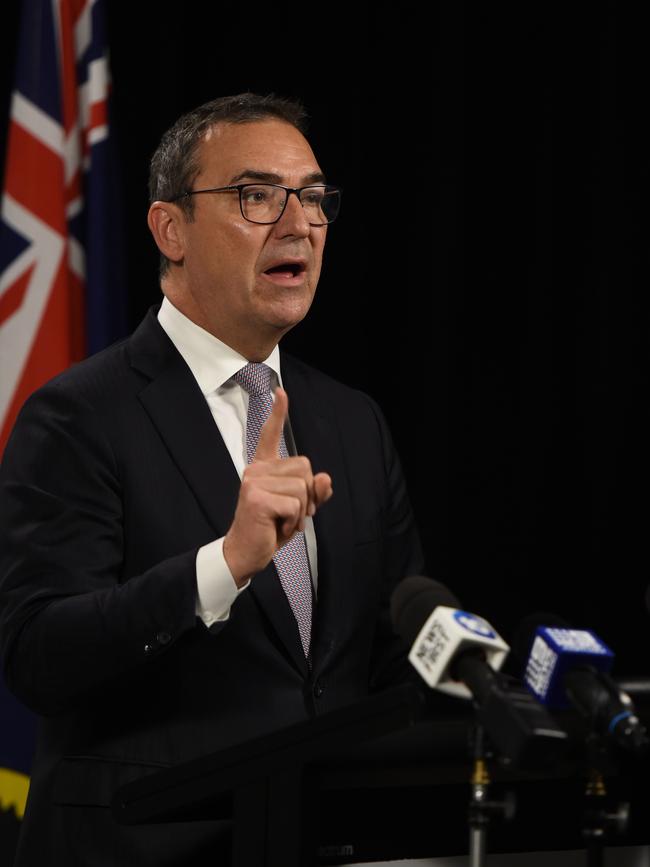
On Friday, Premier Steven Marshall also urged employees to return to work on the provision businesses and companies have a continuity plan and strict ways of managing common areas.

